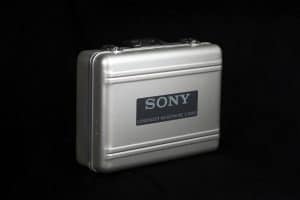Corporate Video Production Sydney: In his early nonfiction work, Weir started experimenting with styles and themes as he developed the singular vision that would soon earn him world renown. He completed his first full-length feature film, The Cars that Ate Paris in 27 shooting days, which led to his most popular artistic achievement to date: Picnic at Hanging Rock (1975), based on the novel by Joan Lindsay.
Picnic tells the story of a group of Australian girls, students at Appleyard College, taking a day trip to Hanging Rock at the turn of the century. The innocent outing turns grim when three students and a teacher mysteriously disappear. Many critics credit Picnic at Hanging Rock with spearheading “the ‘revival’ of the Australian Film Industry in the 1970s” (Sutherland). Weir’s next film, The Last Wave (1977), signified his crossover into the American market. It stars American actor Richard Chamberlain in a surrealistic exploration of a white lawyer’s experience defending four Aboriginal men who are being tried for murder.
Corporate Video Production Sydney: Further Success
After the success of both films, Weir went onto make Gallipoli (1981) and The Year of Living Dangerously (1982), his second collaboration with young Australian actor Mel Gibson. That same year, Weir was awarded the A.M. (Member of the Order of Australia) in the 1982 Queen’s Birthday Honors list for his services to the Australian film industry.
However, by the mid-1980s, Weir had answered the call of Hollywood. For the next 25 years, Weir stayed in America and continued to explore the themes he had carved out in his Australian work, like the confrontation between cultures, fish-out-of-water narratives, spirituality, death and grief, and the search for one’s self. Witness (1985), starring Harrison Ford and Kelly McGillis, earned Weir his first Academy Award nomination (the film won trophies for Best Editing and Best Original Screenplay).
Corporate Video Production Sydney: Dead Poets Society
This success was followed by The Mosquito Coast (1986), which mostly left American audiences cold. However, The Dead Poet’s Society (1989) became Weir’s biggest box office and critical success to date. He garnered praise for his ability to draw a strong dramatic performance out of his comedically-inclined star, Robin Williams. The film was nominated for four Oscars including Best Picture and Best Director, winning Best Original Screenplay. The Dead Poet’s Society remains a contemporary classic, and launched the careers of many young actors like Robert Sean Leonard and Ethan Hawke.
Weir continued to make commercially viable cinema through the 1990s, though he became significantly less prolific over time. He made Green Card (1990), Fearless (1993), The Truman Show (1998), Master and Commander: The Far Side of the World (2003), and most recently, The Way Back (2010). In addition, he has been attached to many projects over the past several years that have not come to fruition. When asked if he is “weary of losing himself in Hollywood,” Weir replied, “No…The only person you have to be weary of, really, is yourself… Hollywood is just irrelevant. They just provide you the room you play in.”





